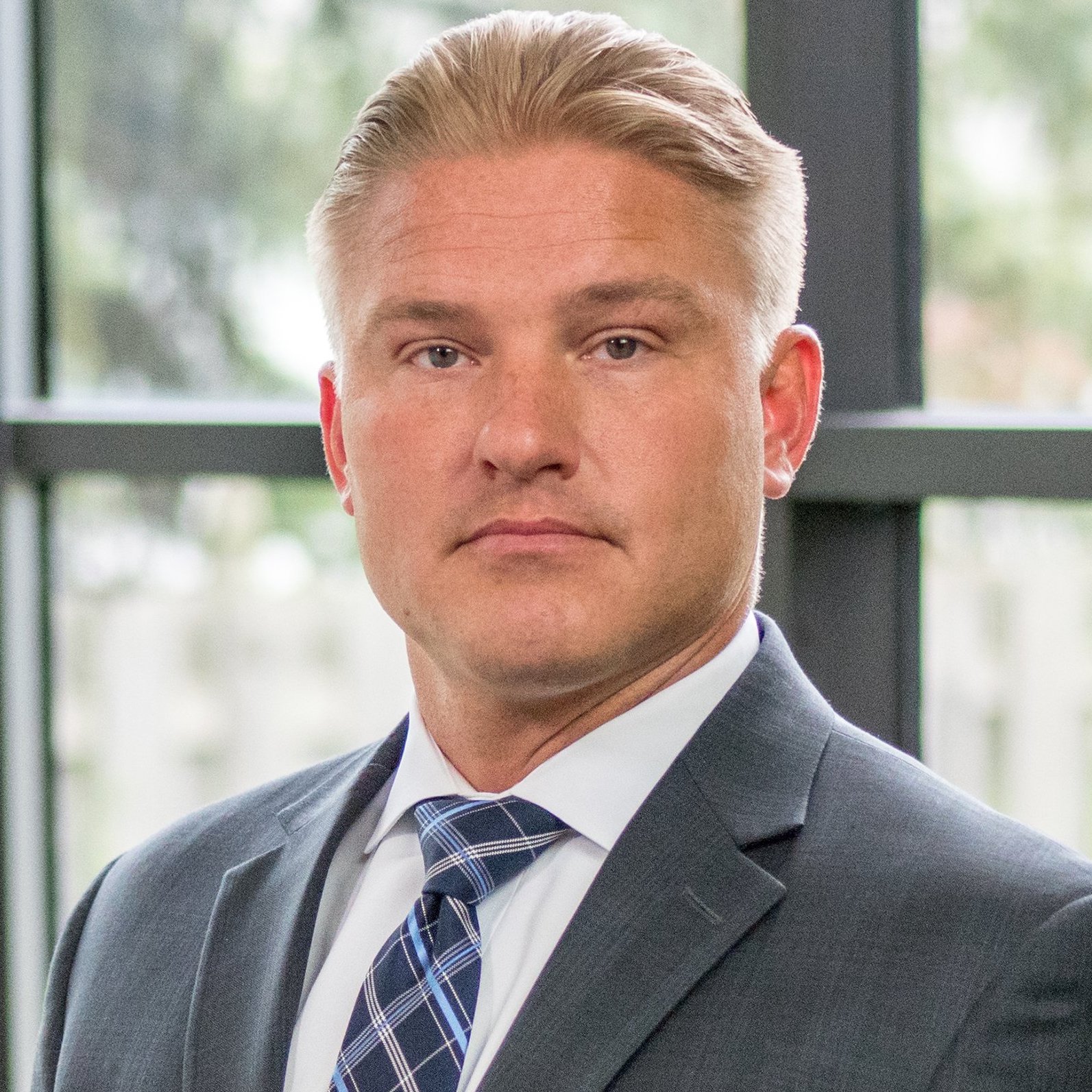INSIDE THE 
NEWS + ADVICE
Security Clearance Concerns: Have You Been Tempted to Conceal Illegal Behavior

Many security clearance applicants and holders are stuck with the dilemma of having to disclose embarrassing and sometimes illegal behavior that they hoped to keep secret. Some have secretly used drugs such as marijuana, mushrooms, cocaine, and methamphetamines. While others have paid for sex acts, which the federal government considers illegal, or they have had extramarital affairs and never informed their partners.
Clearance holders often wonder if they will get caught if they intentionally and illegally omit this information while holding a clearance or during the application process. Here are some things every applicant should consider.
Illegal Drug Use
Applicants often have a history of experimentation with marijuana. As the number of states that have legalized marijuana rises, the percentage of applicants who have previously used marijuana rises with it.
There are more opportunities, and marijuana use is seemingly more acceptable, so more people have a history of use. It’s also more common for clearance holders to experiment with marijuana now.
While all applicants have a duty to be honest and to disclose any information that is responsive to a question on the application or posed by an investigator, an illegal omission of marijuana use would likely go unnoticed during the initial adjudication. Likewise, an agency might not initially discover an employee’s marijuana use.
There is a chance a reference or family member discloses the drug use to the investigator, but that doesn’t happen often and wouldn’t happen if they were unaware. There is also a strong possibility that investigators will soon begin cross-referencing medical marijuana records and dispensary records to search for security clearance applicants. This might soon extend to periodic evaluation for existing clearance holders.
Other applicants and clearance holders have taken their experimentation further and used heavier drugs, which were clearly illegally obtained. There would be no records of such purchases, but there might be information and disclosures contained within medical or mental health records.
While initial investigations might not catch any omissions, applicants and cleared professionals must be forthcoming and trustworthy if they hope to have a long and successful career. This information will likely come to light on future applications and potentially during polygraphs, which would trigger guidelines involving personal conduct, drug use, and illegal activity and will likely cause the applicant to lose their clearance and the career they worked hard to build.
Applicants and clearance holders should avoid overreporting but should provide honest and persuasive responses to all questions asked of them.
Sexual Acts
Much like drug use, many applicants and cleared professionals have paid for sexual acts or taken part in behavior that might trigger the sexual behavior guideline. Some have had or are having at the time of applying or being reinvestigated an extramarital affair.
Initially, illegal omissions of this information might go unnoticed. There is a strong likelihood that the information will come up down the road on future applications or during polygraphs that are often necessary for career progression or promotions.
It’s always best to comply with federal law and disclose all information that is in response to the questions posed, but there is no need to overreport. Stick to answering the questions that are asked, and do your best to be persuasive in doing so. Be honest and clear the air, so no secrets can come back to haunt you as you attempt to climb the ladder later in life.
Why Disclosure Is So Important
The government is soliciting this information from all cleared professionals for multiple reasons. First, the government must consider the clearance holder’s character. They must determine whether an applicant or cleared professional is reliable and trustworthy. The government must determine whether it is clearly consistent with government interests to grant and continue the requested access to classified information.
Generally, the government will overlook minor, infrequent offenses if the applicant appears to otherwise be reliable or trustworthy. For cleared professionals, minor incidents are compounded by the fact that they hold a clearance at the time of the adjudicative guideline violation. The disclosure is important because the government must also consider whether an individual is susceptible to coercion or blackmail.
When considering drug use or sexual conduct, a cleared professional’s attempt to hide such behavior greatly increases the risk of coercion or blackmail. For example, a married individual who paid for sexual acts or had an affair and failed to inform their partner would be highly susceptible to coercion and blackmail.
Similarly, a person with a limited drug history that they are embarrassed about might also be susceptible to coercion and blackmail. These individuals must disclose this information to their partner if they hope to obtain and maintain a security clearance.
How to Disclose
Applicants should answer the questions that are asked, and cleared professionals should submit a well-written self-report of any violations. People often fill out the security clearance application with a guilty conscience and a goal of providing all potentially negative information, and cleared professionals often rush to provide negative information they perceive to be a security violation. Both tend to do so in an objective manner, which often makes the facts appear worse than they actually are.
The goal shouldn’t be to clear the conscience or to provide all the information the individual perceives to be negative. The goal should be to provide all information that is responsive to the question asked, and be persuasive in doing so.
Self-reports can be structured in whatever format the cleared professional wishes, and the application for initial applicants and periodic reevaluations provides space for additional comments. That space should be used to incorporate mitigation into the responses.
Avoid overreporting information that isn’t responsive to a question being asked in the application or by an investigator. If you have questions about how to draft a professional self-report or best provide these types of disclosures in your application, seek assistance early in the process from an experienced security clearance attorney.
Find more articles about your security clearance here.
This entry was posted on Monday, April 08, 2024 9:00 am

I served one the intelligence agency for almost 15 years, and after the contract ended they decided that my clearance is not illegible to cross over. since 2022 I have no luck of finding a job.
Is there any way to see what happened??